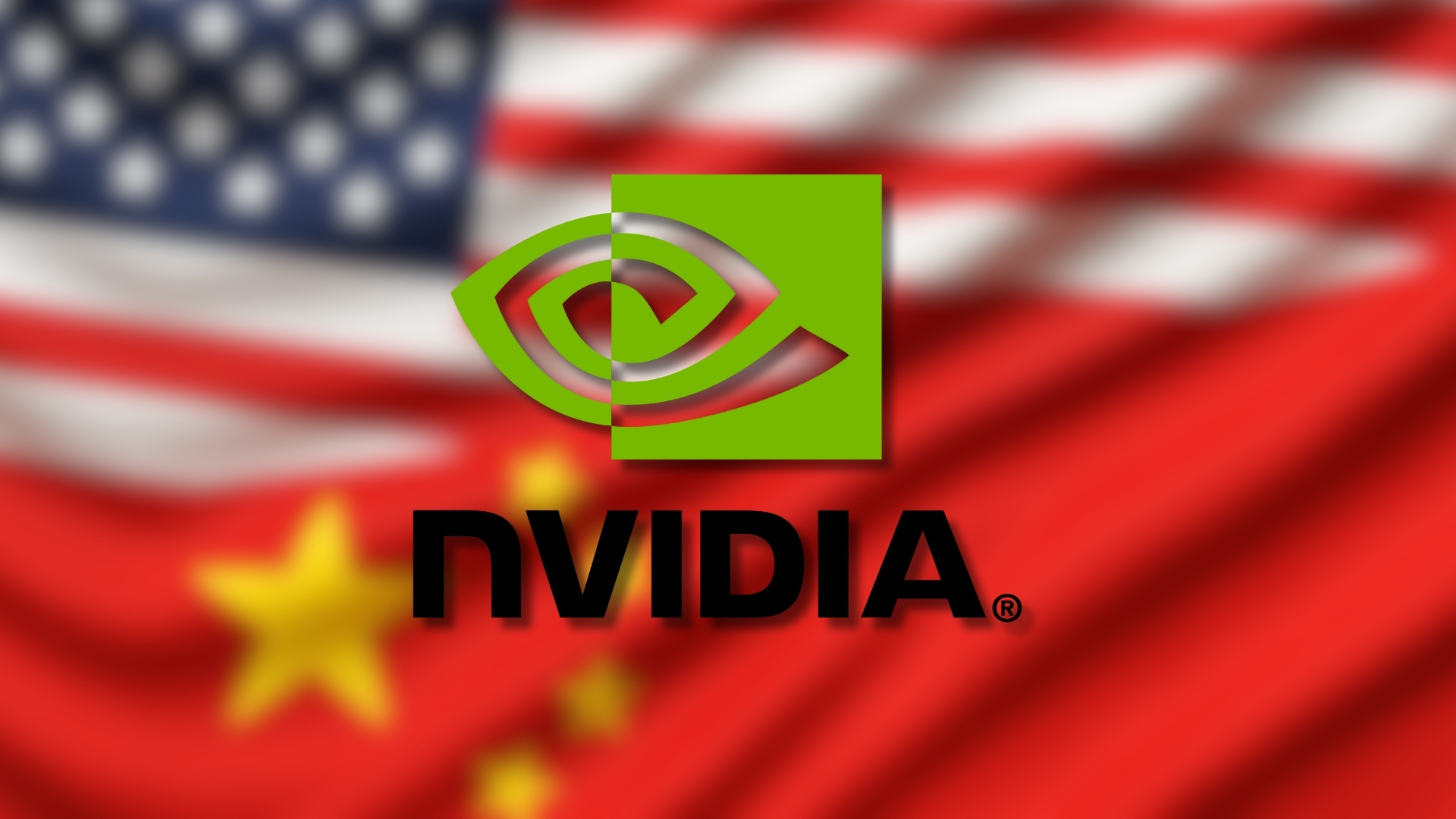A $600 billion investment aimed at boosting innovation, job creation, and sustainability is being launched in the US by Meta to expand its AI infrastructure.
Instead of outsourcing development, the company is building its new generation of AI data centres domestically, reinforcing America’s leadership in technology and supporting local economies.
Since 2010, Meta’s data centre projects have supported more than 30,000 skilled trade jobs and 5,000 operational roles, generating $20 billion in business for US subcontractors. These facilities are designed to power Meta’s AI ambitions while driving regional economic growth.
The company emphasises responsible development by investing heavily in renewable energy and water efficiency. Its projects have added 15 gigawatts of new energy to US power grids, upgraded local infrastructure, and helped restore water systems in surrounding communities.
Meta aims to become fully water positive by 2030.
Beyond infrastructure, Meta has channelled $58 million into community grants for schools, nonprofits, and local initiatives, including STEM education and veteran training programmes.
As AI grows increasingly central to digital progress, Meta’s continued investment in sustainable, community-focused data centres underscores its vision for a connected, intelligent future built within the US.
Would you like to learn more about AI, tech and digital diplomacy? If so, ask our Diplo chatbot!










